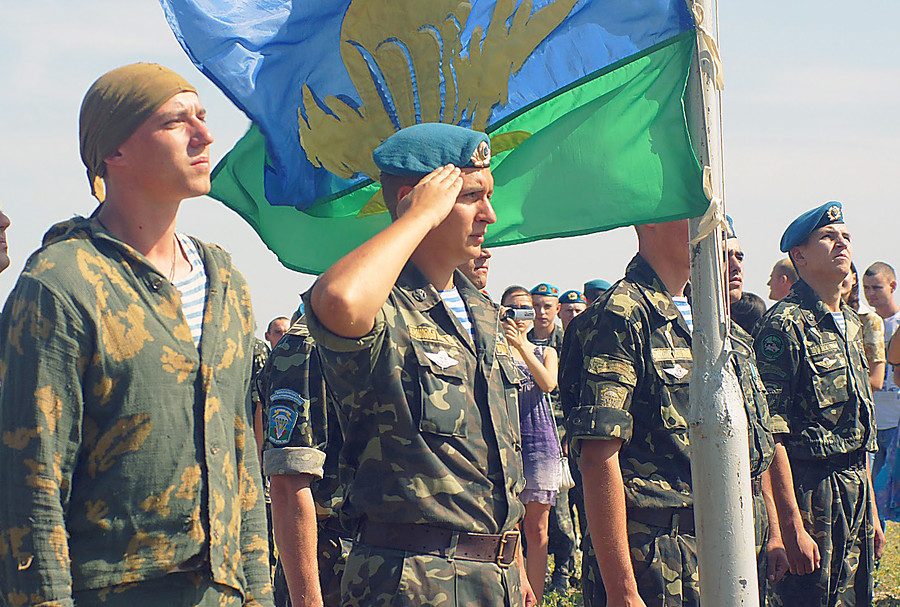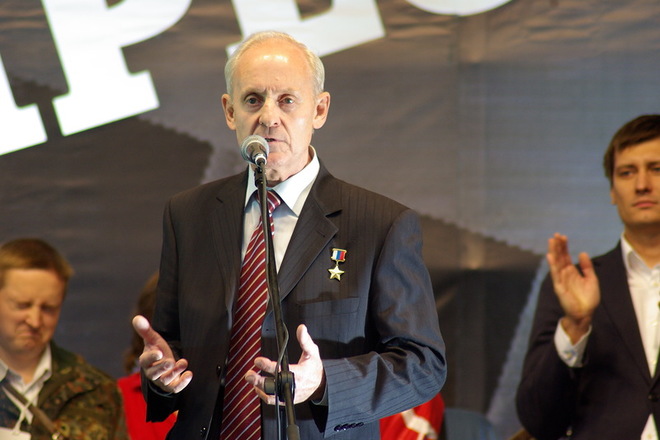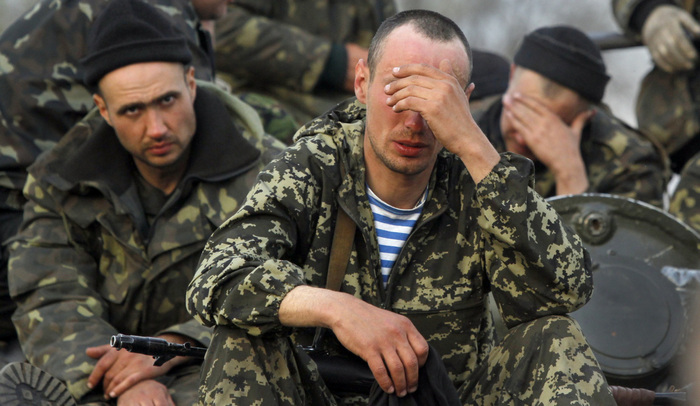Moscow believes that its attack on Mariupol and its envelopment of a significant Ukrainian force will put Russia in a position to force Kyiv to capitulate, Moscow commentator Boris Sokolov says; but he argues that Ukraine still has the ability to win this war despite these defeats.
In a commentary on Grani.ru today, Sokolov says that “the conditions of capitulation” Putin hopes to impose are “an end of the counter-terrorist operation, the transfer of the entire territories of Donetsk and Luhansk oblast to the control of the separatists,” autonomy and a veto by them over Kyiv’s actions, and their right to maintain “their own armed formations and conclude international agreements.”
Such a capitulation, he continues, “almost certainly would lead to a change of government in Kyiv.”
To prevent that from happening, the Ukrainian army needs to take several steps in order to win “at least a local military victory.” And there are reasons to think it can. First of all, “the majority of Ukrainian soldiers and officers are more motivated” than the Russian military and Donetsk separatists who are fighting them.
Many of the latter are uncertain whether their own government will protect them, but “the main thing is that they are fighting without enthusiasm against Ukrainians who only yesterday were considered ‘a fraternal people.’” Moreover, most of the separatists are either criminals or anarchists and thus not well-adapted to military discipline.
The Ukrainian army can deal with this Russian force, but to do so, Sokolov argues, it needs to change its leadership and that leadership’s Soviet-style insistence on defending every piece of territory to the death. Instead, it needs a war of maneuver that will allow it to choose where to fight rather than allowing the Russian side to determine it.
But two other steps are at least as important, the Moscow analyst suggests. On the one hand, the Ukrainian army needs to show that it can “destroy one of the local Russian groupings,”
something that will undermine morale on the Russian side and “together with Russian pressure force Putin to end the war in the Donbas.”
And on the other, it needs to take prisoners and show them to the world, thus proving that Ukraine lives according to international law and that Russian forces, despite the lies of Moscow, are actively involved in the fighting in Ukraine. Avoiding doing so in the hope of reaching an agreement with Putin is a false one, Sokolov says.
(Handling Russian prisoners in this way, although Sokolov does not mention it in his essay, is especially important to highlight the difference between the Ukrainian and Russian sides in this conflict now that the Donetsk regime has declared that it will ignore international law and not take any prisoners.)
If Ukraine takes those steps, he argues, “there will be more chances that under pressure of public opinion, Western leaders will be forced to strengthen to the maximum extent possible their sanctions against Russia,” and those sanctions together with Ukrainian firmness on the battlefield and in government will give Ukraine the victory.





